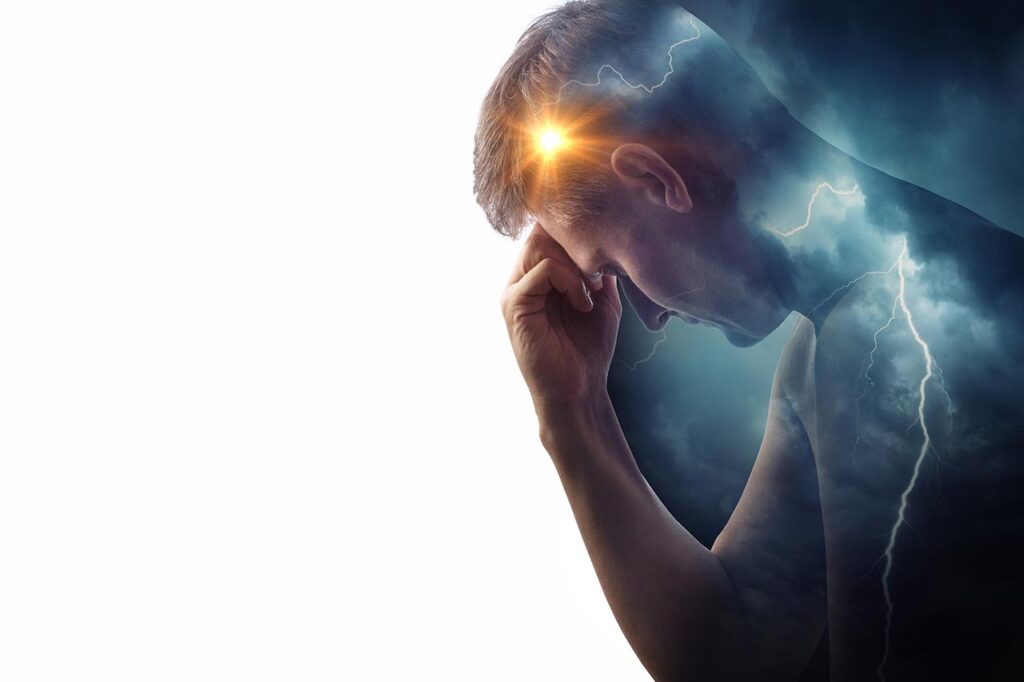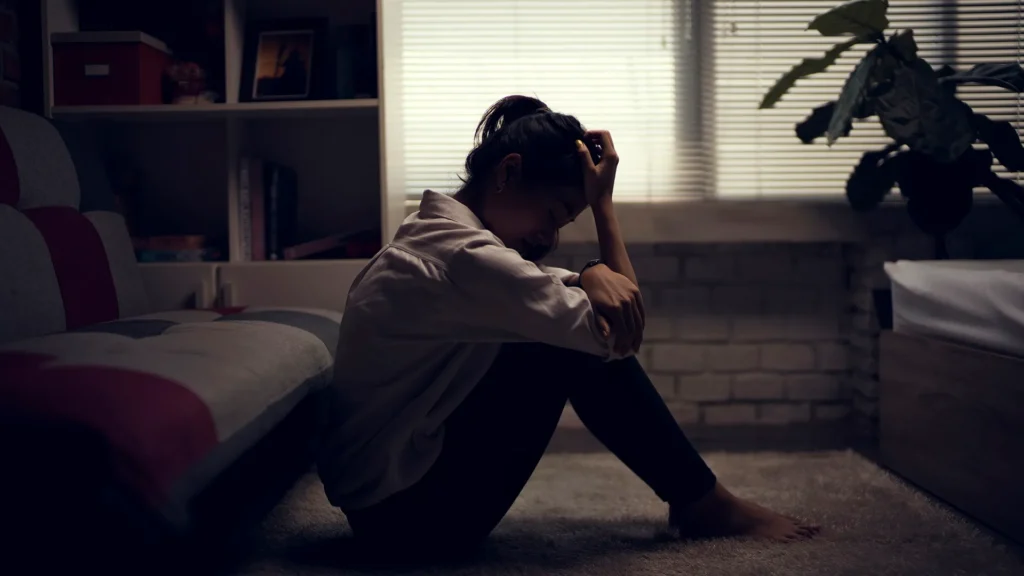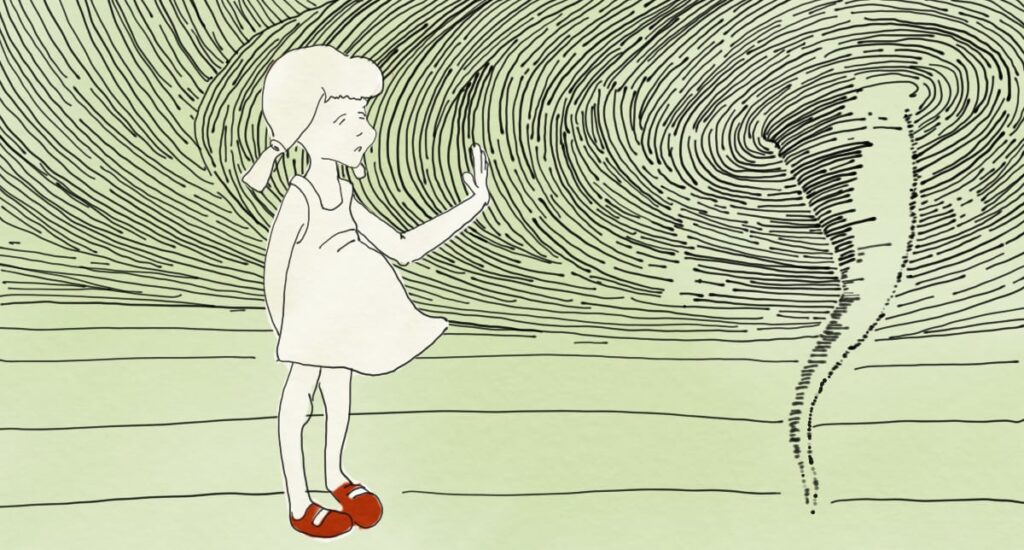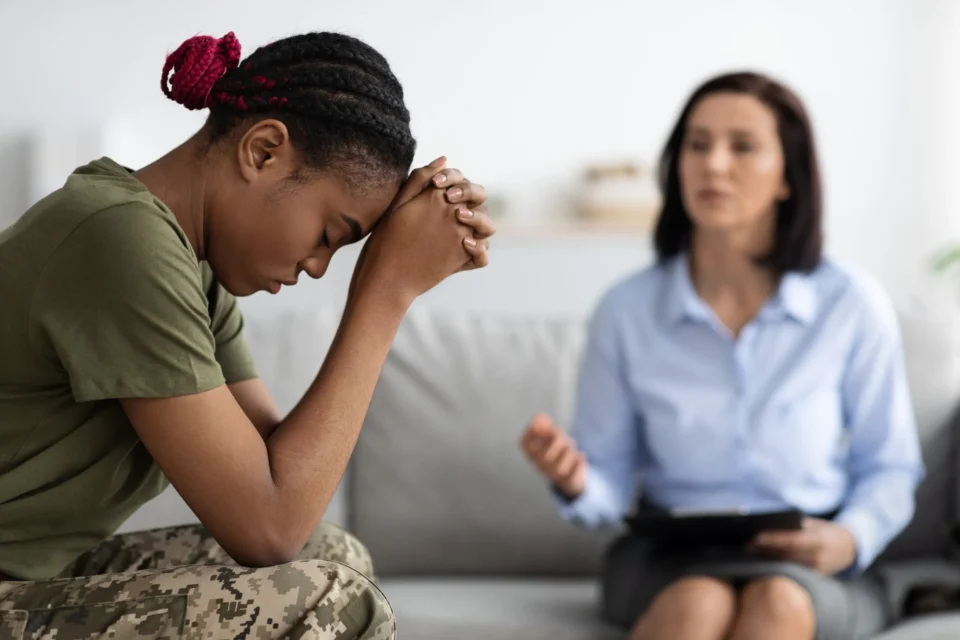At some point in our lives, everyone must have experienced a distressing or disturbing event that may have had some mental or emotional effects. According to the National Council for Behavioral Health, 223.3 million adults, or 70% of adults in the U.S., have experienced a traumatic event at least once.
Experiencing pain is one of the most common traits of being a human being because sometimes life can be unfair. Even though everyone may have experienced pain or a traumatic event in one way or another, these events might have a more severe psychological effect on some people than others. Depending on how we interpret this pain, our lives will be affected in several ways.
Some persons can withstand pain or process traumatic events differently from others, but that is not always the case for everyone. In cases where these negative emotions produced by pain are not dealt with properly, they could become even more severe.
At that point, everything seems hopeless as though no one cares or understands what’s going on. These traumas could be the loss of a loved one, suffering through a difficult breakup, a car wreck, witnessing a terrorist attack, losing a child, etc.
Although it might seem difficult to do, one of the most effective ways to get over this is to open up to receiving help and support from others. In reality, trauma is not exactly about the severity of the event. Although some events are traumatic, it depends on how our mind and body interpret the situation.
What Is Trauma?

According to the American Psychological Association, trauma is the emotional reaction to a horrible occurrence, such as an accident, rape, or natural disaster. When a distressing situation or event happens, trauma occurs as a feeling of disappointment or an overwhelming thought. Most people experience trauma after suffering a challenging experience or event that takes a toll on their mental health.
The truth is that trauma is not really about the event that occurred but how it affected you and how you see the world. Going through a traumatic event can leave you feeling helpless and hopeless, creating a destroyed sense of view of the world in which you live.
It could extend as much as affecting how you see yourself, distorting your self-identity, and ultimately affecting how you interact with your friends and family. And sometimes, the most painful part is that most people around you might not really understand how you feel.
It is normal to experience a surge of negative emotions, especially after a traumatic experience. However, if these emotions are left unchecked, they can result in post-traumatic stress disorder. Post traumatic stress disorder (PTSD) is a mental condition characterized by experiencing recurring memories concerning the event, intense nightmares, regular, unpredicted risky behavior, etc.
The Oklahoma Department of Drug Abuse identified the most common types of trauma classified into acute, chronic, complex, direct, and indirect. Researchers have also found that early childhood exposure to trauma significantly increases the chances of psychological disorders in adults, including symptoms of post-traumatic stress disorder.
Stages of Trauma

Experiencing a traumatic event takes a big blow to our mental health. However, it is imperative to fully understand how you feel because it helps you know how to deal with it. The stages of trauma are very similar to the five stages of grief since they both involve struggling through an unpleasant experience.
- Denial: This is the first stage of trauma, where the person is in disbelief and shocked at the experience that just happened. Denial is one of the ways we try to convince ourselves that the event did not occur or that we misinterpreted it to avoid experiencing the emotions.
- Anger: This is where it begins to dawn on us that the event happened and what we are feeling is real. In the first moment, we realize what is happening and that it is reality, and our brain begins to respond by having outbursts of anger. The purpose is to avoid trying to make sense of it all. This angry emotion then acts as an outlet to release bottled-up emotions that we have been holding up instead of admitting that we are scared.
- Bargaining: this comes with trying to take the blame for why it happened or negotiating with a higher power for a solution. At this stage, bargaining usually comes from feeling hopelessness and not knowing what else to do.
- Depression: This stage is manifested by feeling left alone, recurring flashbacks of the event, and feeling like we are all alone with our own emotions. It might lead to withdrawing from social interaction and avoiding meetings with friends, even if they genuinely care about us and want to ensure we are okay.
- Acceptance: This is the stage where we start to acknowledge the reality of our experience and accept it for what it is. At this point, we begin to experience the full reality of trauma. It could be trauma from losing a loved one, coming out of an unpleasant breakup, recovering from a fatal accident, etc. At the acceptance stage, we begin to accept and fully allow our emotions to feel and understand what we are experiencing, and allow ourselves to heal from there.
Best Practices to Heal and Find Hope after Trauma

After experiencing a traumatic event, we must realize that healing is possible. It is possible to overcome the pain we endure. It does not necessarily mean the pain will go away forever or that we will not remember what happened; it means we can fully accept the reality of our experience and move on from it, no longer holding on to the painful memory.
A survey indicated that nearly 50% of people who have been through trauma experience post-traumatic growth, characterized by hope, confidence, and change in their approach to life before the traumatic experience.
Here are some practical methods that can help you regain hope and heal after trauma:
Forgive Yourself
One of the major reasons why we tend not to come out of trauma is that we blame ourselves for whatever happened. We think we had a hand in what transpired. Regardless of the case, the first and most significant step to healing is forgiving ourselves.
It does not matter if you did something wrong or said something terrible to your loved one before they died and you cannot seem to forgive yourself; you must take the courageous step of forgiving yourself and recognize that you are only a human being who is bound to make mistakes from time to time. It does not mean you are a terrible person; it just means you are human.
Practice Self-Care
It is common for people struggling with traumatic stress and trying to heal to neglect taking care of themselves or pay less attention to personal grooming. Even though it is understandable that you may feel demotivated to do anything or look aesthetically pleasing, it is helpful to your healing process to engage in self-care activities. Taking care of yourself, looking good, spending time shopping, etc., will help you heal better because it will make you feel better about yourself.
Develop Coping Strategies
Coping strategies are activities or mental processes you can engage in to help you feel better whenever you become overwhelmed by your emotions. Coping activities help you manage your feelings instead of bottling them up.
Everyone has a coping strategy that works best for them. Some of the most effective coping strategies could involve calling a friend, practicing mindfulness meditation, relaxing, exercising, painting, doing other creative art, etc. Whatever works for you is fine, so long as it allows you to express yourself creatively.
Connect with Supportive People
Although it is common for most people dealing with trauma to prefer to be alone or handle things themselves, it helps if you have a group of people or a few friends that are supportive and can be there for you when you need a friend. You could join a support group and connect with people living through similar struggles; it will help you heal faster when you know you have someone you can talk to and share how you feel with.
Seek Professional Help
Sometimes it’s wise to talk to a very skilled professional who can truly understand what you’re going through. You can find a therapist at GoodTherapy who can understand you and help you identify your emotions. This will enable you to come to terms with how you feel and draw up strategies and plans to help you heal faster.
Conclusion

Healing from trauma can feel overwhelming and isolating, but it’s also an incredibly brave and hopeful journey. The road to healing is unique for everyone and takes time, patience, and a great deal of self-compassion.
It’s imperative to remember that you are not alone, and your experiences are valid, regardless of how long ago they occurred or how you choose to cope with them. You have the right to take up space, ask for help, and prioritize your healing journey.

